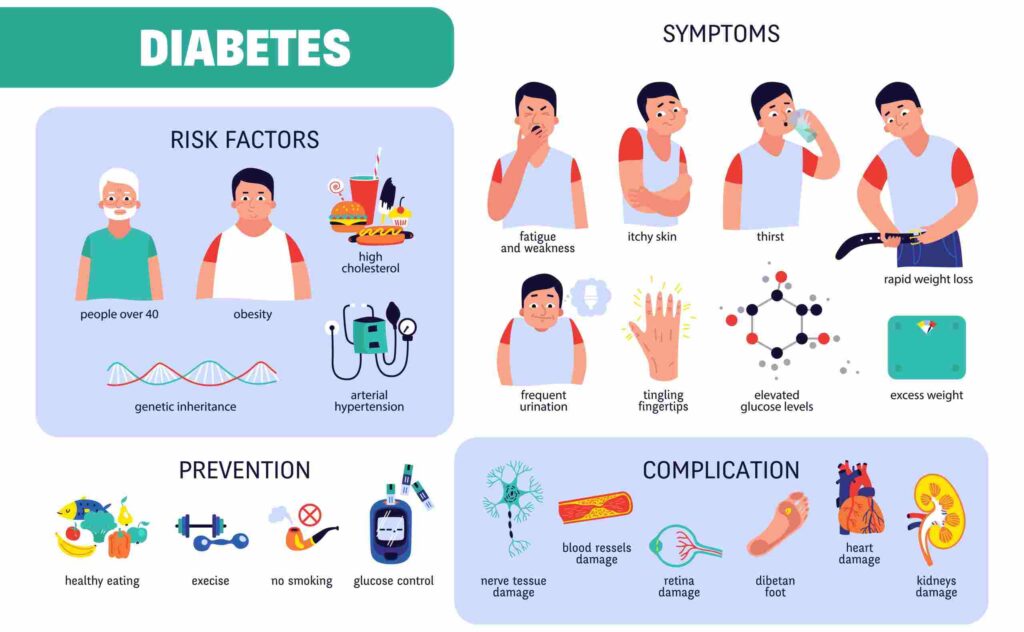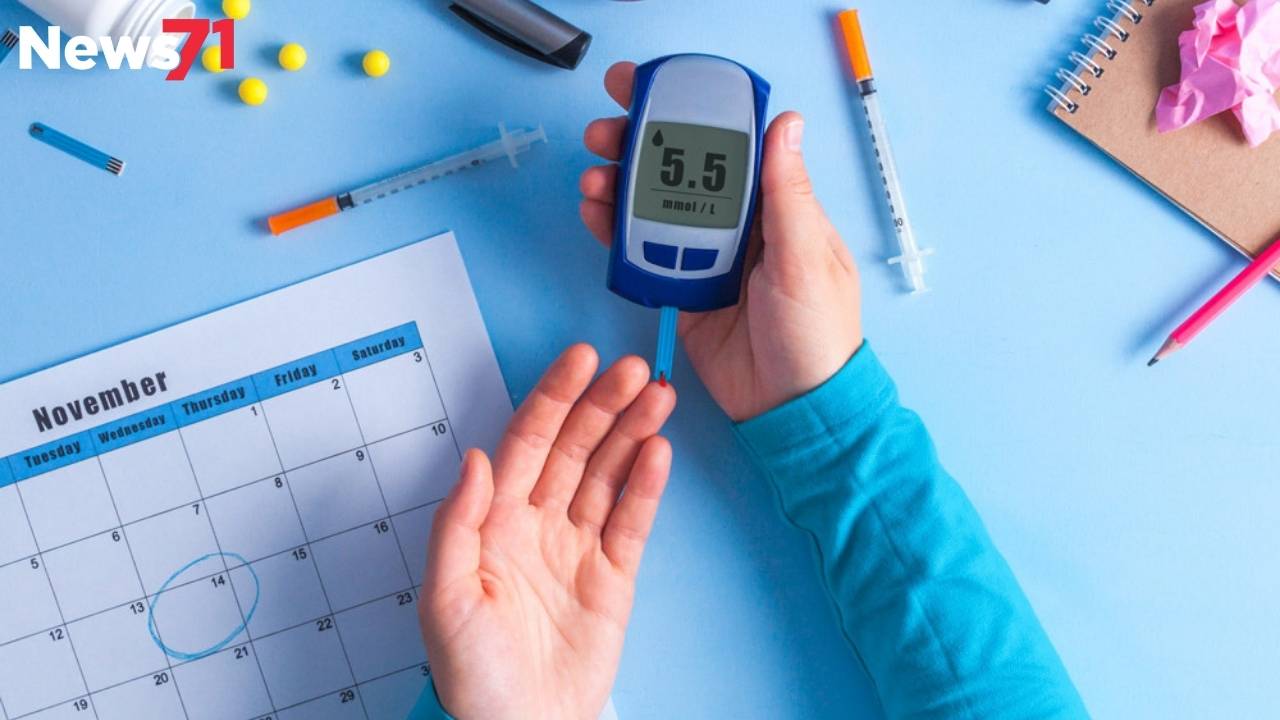Diabetes is more than just a disease it is now recognized as a global health challenge. The number of people diagnosed with diabetes is rising rapidly worldwide. Yet, many still do not fully understand why this condition develops. Knowing the underlying causes is the first step toward prevention.
What is Diabetes?
Diabetes occurs when the body cannot effectively use or produce enough insulin. Insulin is a hormone produced by the pancreas, and it helps convert the glucose (sugar) from food into energy. If insulin does not function properly, glucose remains in the blood, leading to high blood sugar levels this is what we call diabetes.
There are two main types:
- Type 1 diabetes: The immune system destroys the insulin-producing cells in the pancreas, leaving the body unable to produce insulin.
- Type 2 diabetes: The body either does not make enough insulin or cannot use it effectively due to insulin resistance, resulting in elevated blood glucose.
Common Causes of Diabetes

- Genetics and Family History
According to the American Diabetes Association (2023), people with close relatives who have diabetes face a significantly higher risk. Research shows that family history can increase the chances of type 2 diabetes several times over. - Lifestyle Habits
The World Health Organization highlights that prolonged sitting, lack of regular physical activity, and irregular sleep patterns lower the body’s insulin effectiveness. - Unhealthy Diet
A 2021 study by Harvard T.H. Chan School of Public Health found that frequent consumption of fried foods, sugary snacks, fast foods, sodas, and heavily processed foods contributes to fat and sugar buildup, worsening insulin resistance. - Excess Weight and Obesity
According to the CDC, obesity especially abdominal fat is strongly linked to insulin resistance and type 2 diabetes. - Mental Stress
The Mayo Clinic notes that chronic stress raises cortisol levels, a hormone that disrupts glucose balance and leads to higher blood sugar. - Age and Other Conditions
As reported by the National Institute of Diabetes and Digestive and Kidney Diseases, the risk of diabetes increases after age 40. Pregnancy can also trigger gestational diabetes in some women.
How to Reduce the Risk
While diabetes cannot always be avoided, lifestyle changes can significantly reduce the risk. Adopting healthy habits such as:
- Walking or exercising at least 30 minutes daily
- Maintaining a balanced diet rich in whole foods
- Ensuring proper sleep
- Managing stress effectively
For those with a family history of diabetes, regular blood glucose check-ups are recommended. Although diabetes cannot be fully cured once diagnosed, it can be managed and controlled. A conscious, healthy lifestyle is the most powerful weapon against diabetes and its complications.






